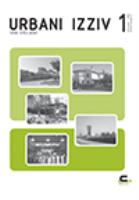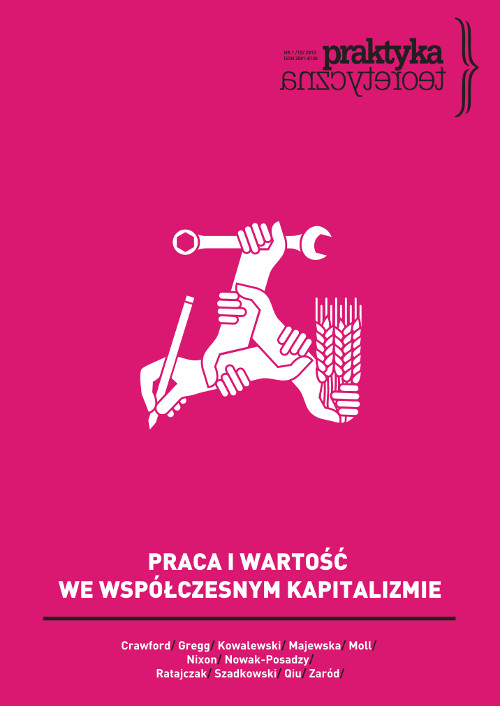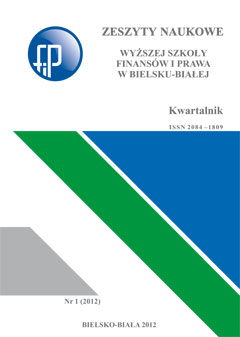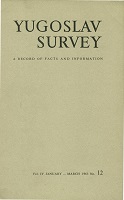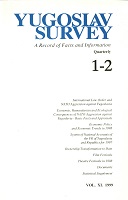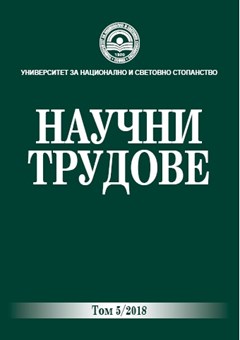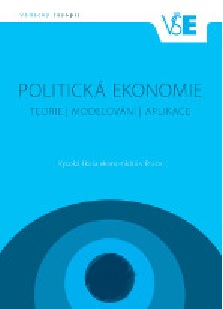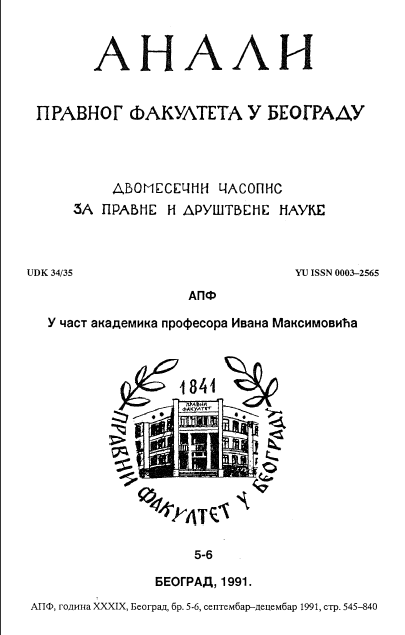
Niebezpieczne marzenie
The article focuses on a comparative analysis of the post-Marxist discourse that has arisen as a result of the financial crisis, especially as formulated by Slavoj Žižek. Žižek’s book "The Year of Dreaming Dangerously" is – next to the "Communist Hypothesis" by Alain Badiou and "Declaration" by Michael Hardt and Antonio Negri – one of the most important attempts to analyze both political events in 2011 and the relationship between the crisis and revolutionary events around the world. A comparison of book and movie "The Pervert’s Guide to Ideologies indicates" that the conceptual structures that Žižek coined in his earlier books, which he used to analyze what Marx described as the consequences of “the cultural contradictions of capitalism”. Seen through the prism of film images and approached through the categories of post-Marxist psychoanalysis, the current crisis is identified with the crisis of capitalism. This appears as a criticism aimed at a “crisogenic” European Union, the inconsistencies of the Occupy Wall Street movement, and the crisis of the Afghan left, and finally becomes a search for a category in which to describe it, and which – from the perspective of Žižek, Badiou, Hardt and Negri – is subject to significant shifts.
More...
